Since feral cats, unlike those who share our homes with us, aren't domesticated, they essentially depend on us to provide them with food, water, and protection from danger. Sadly, feral cats often live very short, difficult lives on the mean streets. They never attain the quality of life that would be found in a home. The sad truth is that thousands of cats remain homeless on the streets because they have either lost their homes or they were born and left through the trap door of a pet store. If you'd like to help a feline, why not consider adopting a feral cat?

The sad reality is that many of these abandoned cats end up dying due to trauma, disease, malnutrition, or exposure to some form of animal attack, disease, or poison. But if you'd like to help a feline in need, you can start off with a little bit of feral cat socialization. Cats that live on the street typically don't have a lot of familiarity with people, so you need to introduce your new friend slowly into the world of indoors and outdoors cats.
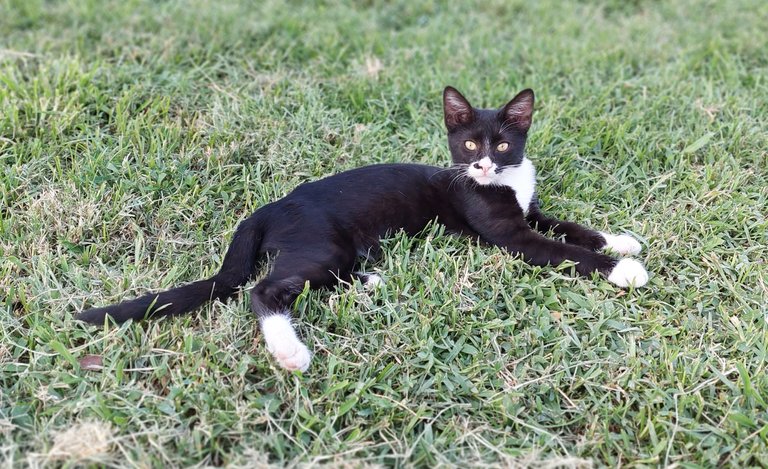
There are a few different options for introduction. One is to try to find indoor homes for feral cats in the area that you live. Sometimes this is accomplished by contacting your local animal control service or humane society. If you can't locate any indoor homes for stray cats that are in need of treatment, your next best option is to contact a local veterinarian. Your local animal control service can give you information on the various options that are available for spaying and neutering of animals that are classified as feral.
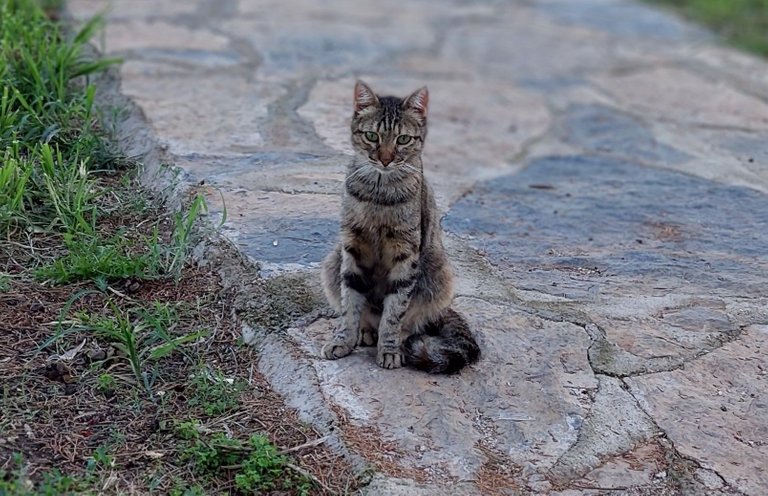
Many people have success with spaying or neutering their feral cats while still keeping them living outdoors. This is a good option for both the animal and the owner, as well. The benefits of keeping the cat indoors and out of the elements are that they will be protected from the elements and can also be enrolled in some quality pet care programs. They won't be roaming the streets looking for food, which will cut down on food marking of your belongings. Spaying or neutering will also help the cat's hormones balance so that it won't be born with excess fur, which can encourage it to grow back into its feral condition again.
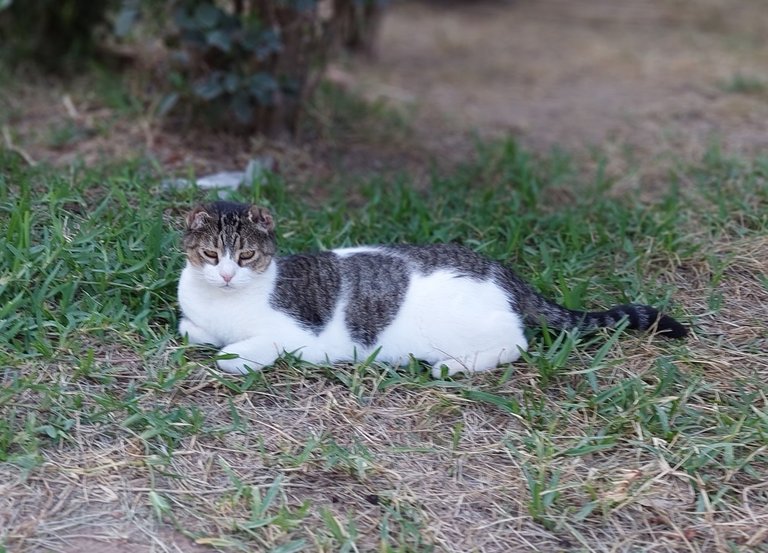
Some cities have their own initiatives in helping to trap and neuter feral cats. If you live in one of these communities, contact your city's animal control department for information and how-to information for spaying and neutering. If you're unable to locate information on this issue in your city, you may want to consider contacting your local veterinarian. Your veterinarian can help you with details regarding spaying and neutering feral cats in your area. He or she can also give advice on other important issues such as housing stray cats and finding a home for elderly or abandoned pets. Your veterinarian can even refer you to a feral cat rescue group or cat shelter where you can find a new loving feline friend.
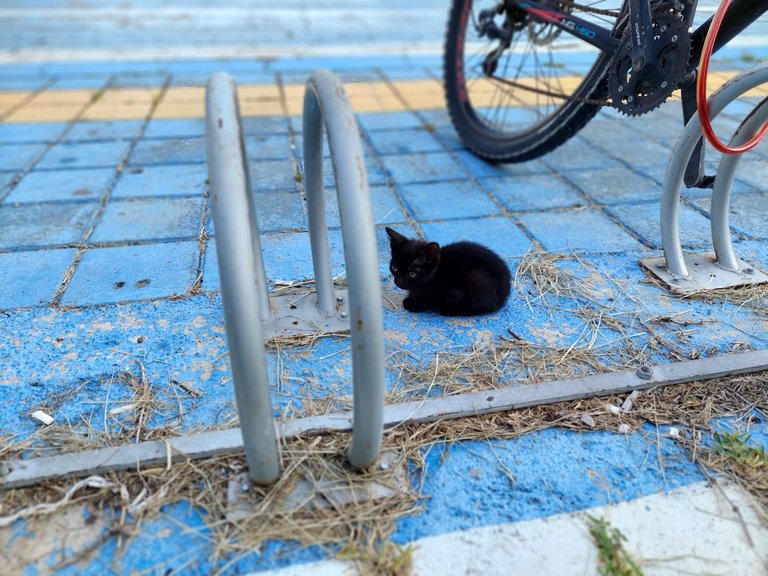
One of the biggest concerns parents of feral cats face is providing the kittens with proper socialization. It's important to provide outdoor cats with an opportunity to interact with other animals and people, particularly children. Socialized kittens learn to trust humans and develop a confident, tame personality. Socialized kittens can even begin to learn basic obedience. Once they are old enough to start living indoors, you can begin to introduce them to other feline species.
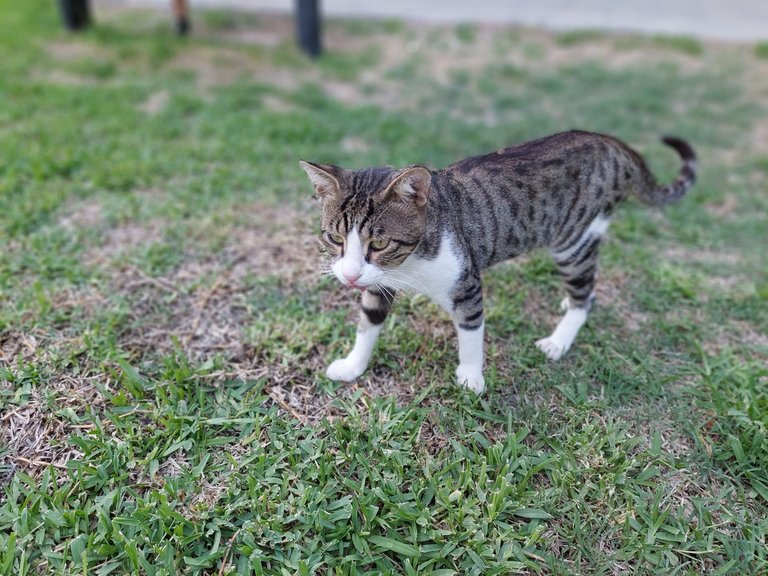
There are many steps you can take to prevent bringing home a pregnant feral cat. Spaying or neutering is one way to solve this problem. Another way is to contact your local animal control group and inquire about spaying or neutering services. Not all animal control centers offer this service. It depends on the size of your community, the number of cats in the area, and the availability of the staff. If you can't find someone to help you, your next best bet is to visit a local animal shelter or a local animal rescue center.
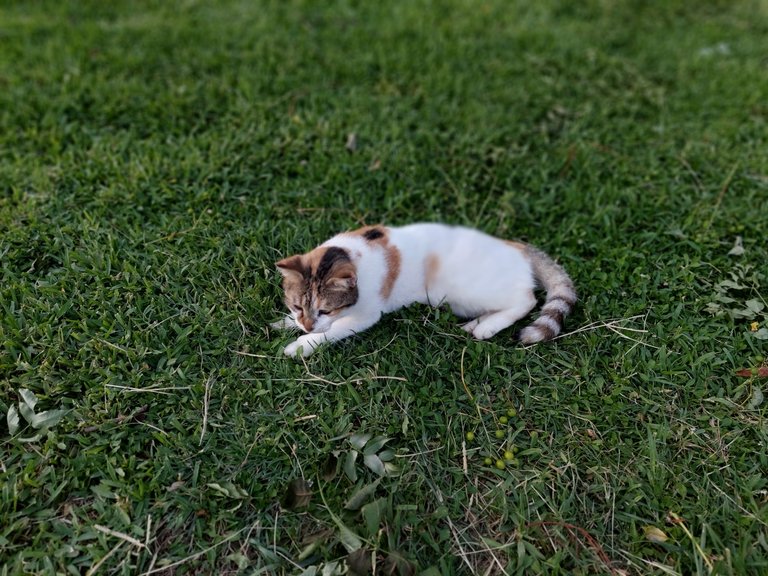
The feral cat issue is a serious one that must be addressed by all who are passionate about the well being of cats. Although many cities have their own animal control officers, there may not be a program in your city to help you deal with the problem. It's important to become aware of the problems feral cats cause in order to do something about it. Being proactive is often the best course of action. Even if you're just buying a kitten from the breeder or taking a kitten home from the shelter, you can't be too prepared for the future.
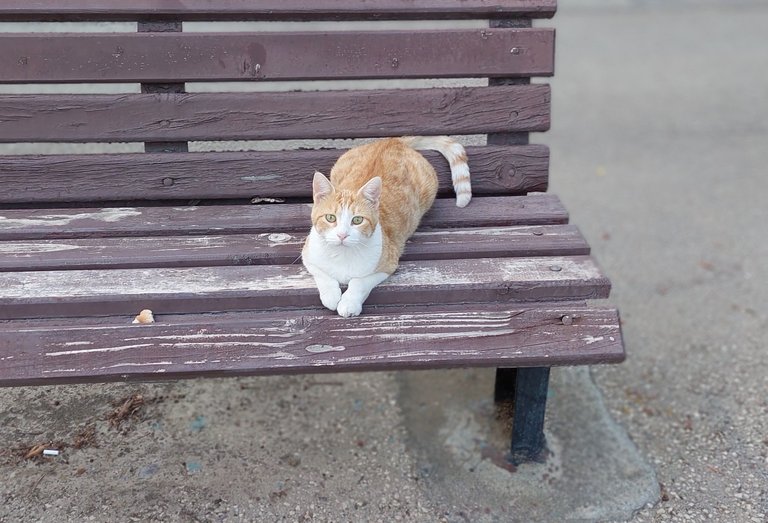

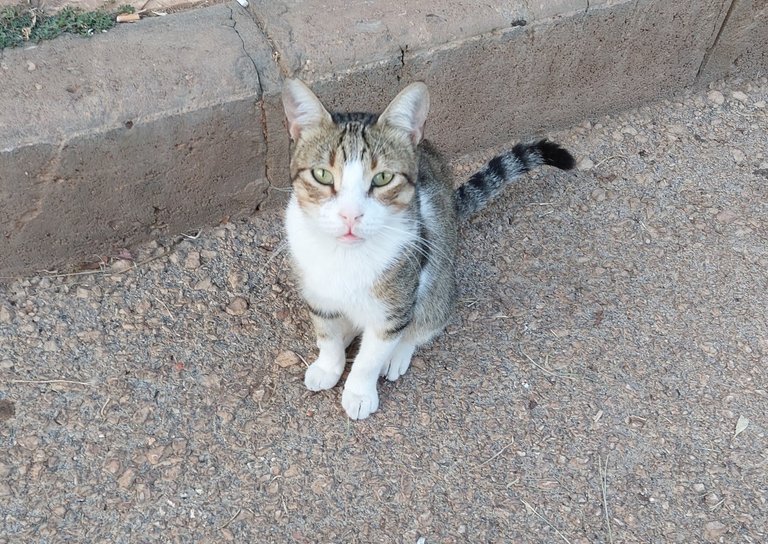
great pictures